I recently attended a lecture by Mr. Gerald Walpin, the author of a book titled “The Supreme Court vs. the Constitution.” The tenor of his thesis was easily discernible from the title – the constitutional originalist’s lamentations on the “judicial activism,” i.e. judges’ abrogation of their oath to uphold the constitution, in favor of coming up with interpretations so novel that they constitute legislating (or, better yet, amending the constitution) from the bench.
I guess only a lawyer would enjoy the reasoning which underpins that thesis; what interested me a whole lot more was this question: why on Earth would federal judges be taking an oath to uphold the Constitution at all?
After all, judges’ only raison d’etre is to resolve disputes that arise when in our “pursuit of happiness” we bump into our fellow-citizens’ rights, or into the government-mandated limits. There is absolutely nothing else judges do (or, at least, nothing else they should do – Mr. Snowden’s disclosures, of course. tell us that they do a whole lot more, none of which is to their credit). All judicial decisions as to constitutionality of statutes arise, of necessity, only from lawsuits.
And in a lawsuit, there are two opposite sides, the plaintiff and the defendant, each claiming that his or her position conforms to the Constitution, while that of the opponents violates it. So in a natural flow of action of a lawsuit, lawyers already bring up and argue constitutional concerns, each out-constitutionalizing the other. Just by the nature of the process, investigation of constitutionality is done by the lawyers; all that is required from a judge is to impartially decide whose constitutional argument was more relevant, and stronger. No matter which side wins, the Constitution will be “upheld” for the very simple reason that each party’s argument is of necessity rooted in the Constitution. It would only be possible for a judge to make an “unconstitutional” decision if a lawyer arguing the case actually claimed that his argument was in fact unconstitutional, and the judge than decided in favor of this, admittedly unconstitutional argument. But no lawyer is so stupid as to advance an argument he himself admits to be unconstitutional.
Thus, under the system where the lawyers fight it out and the judge evaluates their performance and awards victory accordingly, it is simply impossible for the judge to not “uphold the Constitution;” the judicial oath to uphold the constitution is therefore simply inane.
But it gets worse, for this is not our system; judges jump in and do their own lawyering for the parties, themselves becoming parties to the case they hear. If their motivation for abandoning impartiality is their oath to uphold the Constitution, than that oath is actually anti-judicial, giving a judge the urge to do his or her own legal and factual analysis, and inject his or her own views on what is constitutional and what isn’t, completely destroying the integrity of the judicial process by turning it into a Kafkaesque farce.
The judicial oath to uphold the Constitution thus turns the “judicial procedure” into an “anti-judicial procedure” in which the judge plays a role of a party to the case which he is forbidden to play by the very nature of the judicial process.
Does the fact that Mr. Walpin is totally unaware of this, and proceeds with predictable and naïve complaining about “judicial activism” which makes his book a platitude, mean that he himself is stupid and naïve? Is this the reason he is exalting the judicial oath without noticing that is not just meaningless, but utterly counter-productive?
I don’t think so. He is a typical representative of our legal system, and his views are rather an indicator of how primitive the mainstream legal thinking still is. Judicial procedure is today where, say, medicine was before scientific observation kicked in, before circulation of blood had been discovered, before bacteria was found, when the diagnosis was limited to identification of temperament, and the cure consisted of bloodletting and purgation to re-balance it. Some six millennia since mankind’s dawn, the sciences made gigantic strides; but the legal system never moved out of the Dark Ages.
To move it out of there, we need to change the judicial practice and the judicial oath underpinning it. How about this one: “I swear to examine parties’ factual and legal argument impartially and according to the rules of logic, giving victory to the stronger one. I realize that substitution of parties’ argument with that of my own would violate judicial process, would rightly cause me to be sued by the wronged party, and would result in my being fired.”
Constitution would do best if its cause is advanced by lawyers, not by judges. Judges should stay away from interpreting the Constitution, and be fired if they try. This is the proper lesson to draw from Mr. Walpin’s book.

